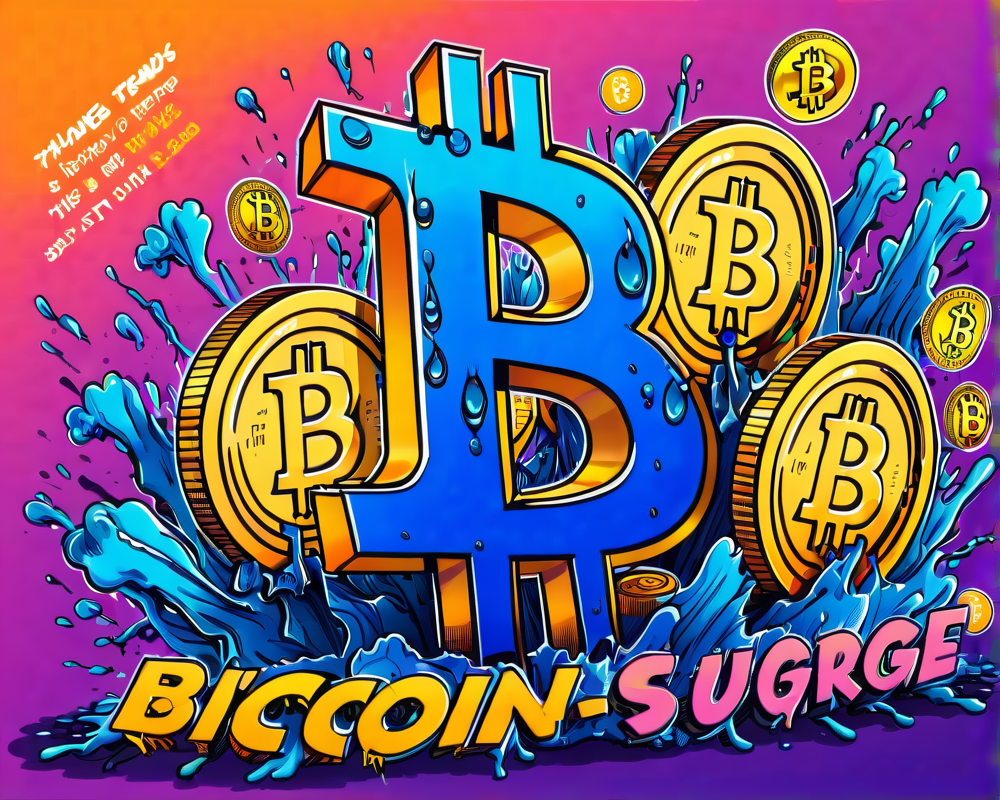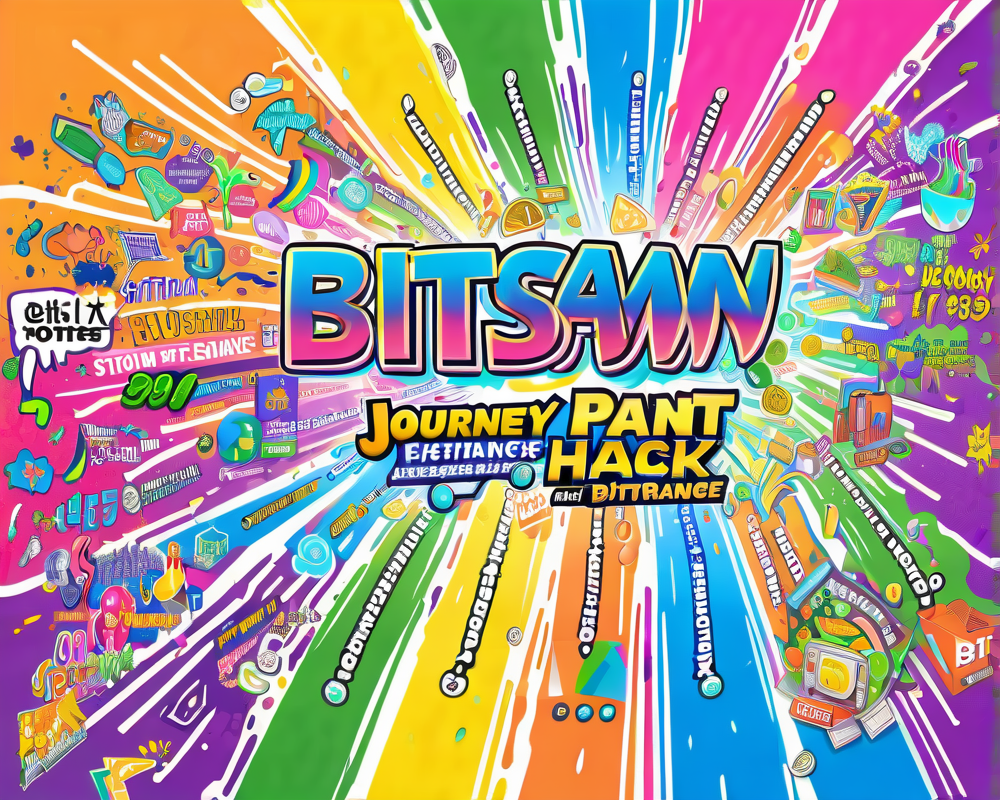Milestone in Censorship Compliance
A month after Ethereum’s Merge, new data from blockchain development firm Labrys reveals that 51% of Ethereum blocks are now compliant with the Office of Foreign Assets Control (OFAC) standards. This shift is largely attributed to the rising market share of MEV-Boost relays, which introduces a level of centralization in block production.
Understanding OFAC and MEV-Boost Relays
OFAC is the U.S. agency responsible for enforcing economic sanctions, while MEV-Boost relays serve as intermediaries between block producers and builders within Ethereum’s proof-of-stake (PoS) framework. These relays allow all PoS validators to outsource their block production, creating a more representative distribution compared to the previous proof-of-work (PoW) model.
Shift in Compliance Metrics
Data shows a dramatic increase in OFAC compliance within Ethereum blocks, rising from just 9% to 51% over the past month. As Lyn Alden pointed out on Twitter, this shift highlights growing concerns regarding censorship in the network. “We reached another sad milestone in censorship: 51%. This means if the censoring validators were now to stop attesting to non-censoring blocks, they would eventually form a canonical, 100% censoring chain,” Alden stated.
Implications of Hard and Soft Censorship
In an interview with Cointelegraph, Lachan Feeney, CEO of Labrys, elaborated on the potential consequences of hard censorship, explaining that under such circumstances, sanctioned transactions would never be included in the blockchain, regardless of how long users waited or how much they were willing to pay. Even scenarios of soft censorship could lead to long wait times and increased fees, resulting in a poor user experience.
Major MEV-Boost Relays and Censorship Practices
According to Labrys, there are currently seven prominent MEV-Boost relays, including Flashbots, BloXroute Max Profit, and BlockNative, among others. Notably, only three of these major relays do not adhere to OFAC compliance requirements, meaning they would still process transactions that involve sanctioned entities, such as the Tornado Cash smart contract.
Conclusion
The developments around Ethereum’s compliance with OFAC standards highlight the ongoing debate about the balance between regulation and the principles of decentralization. As more blocks fall under censorship, the conversation emphasizes the need for transparency and accountability in the evolving landscape of cryptocurrency transactions.




